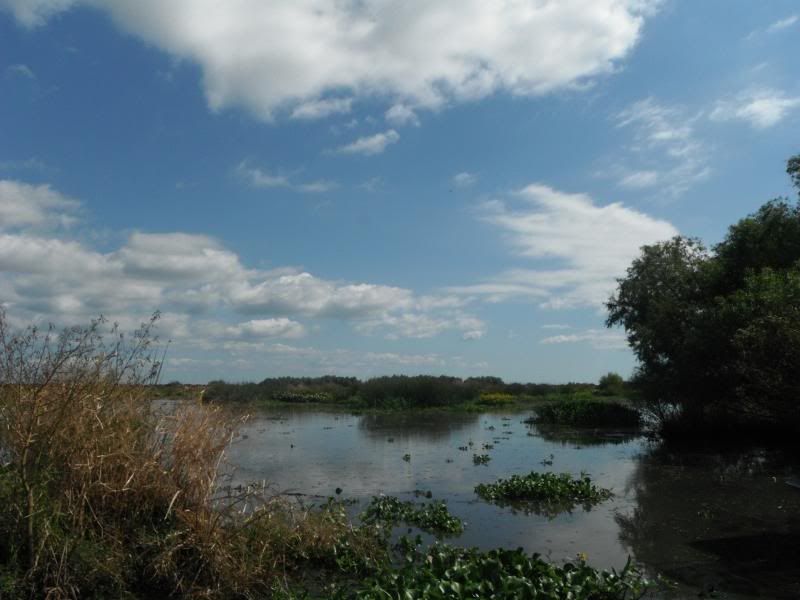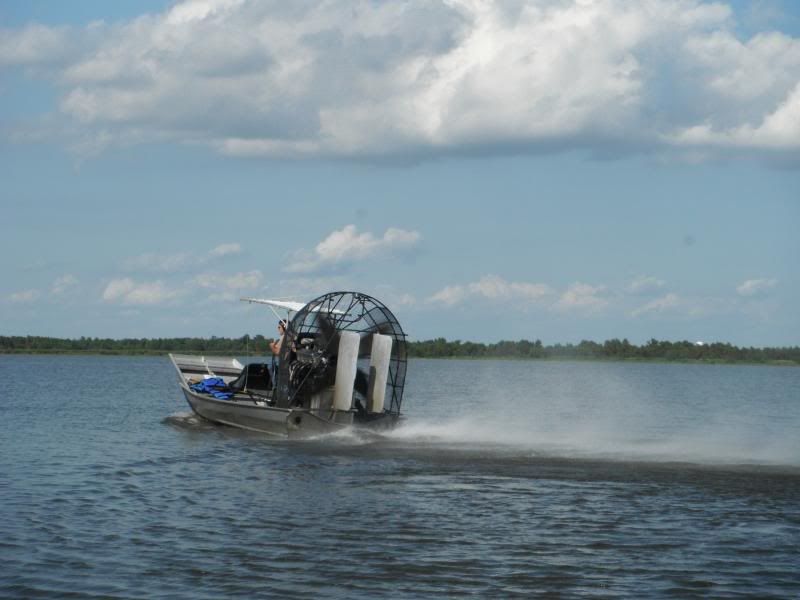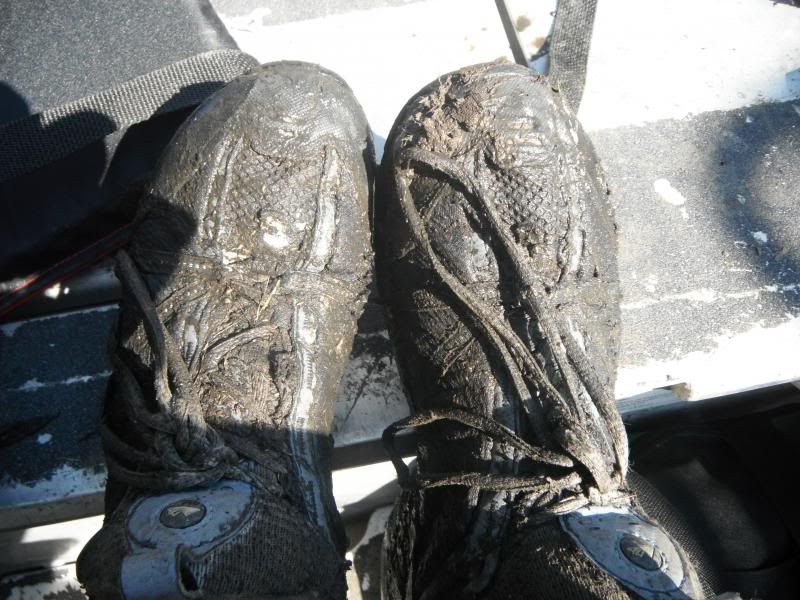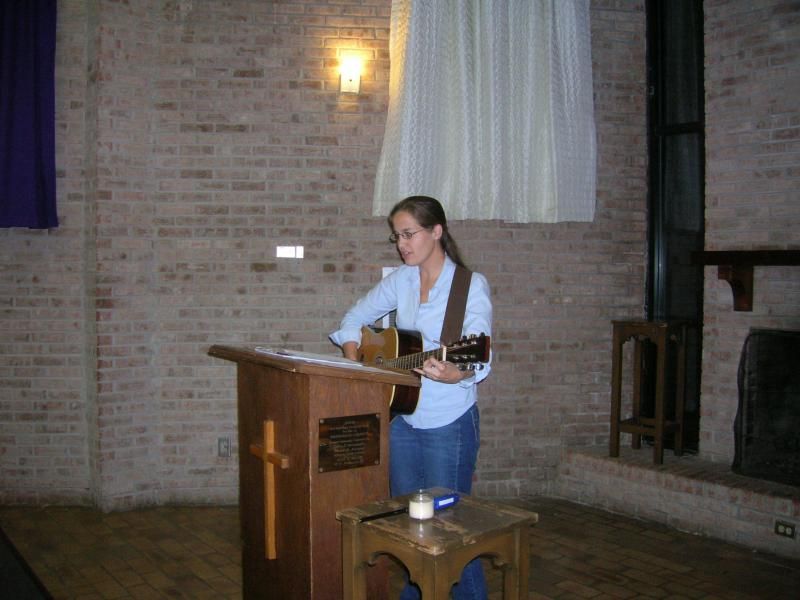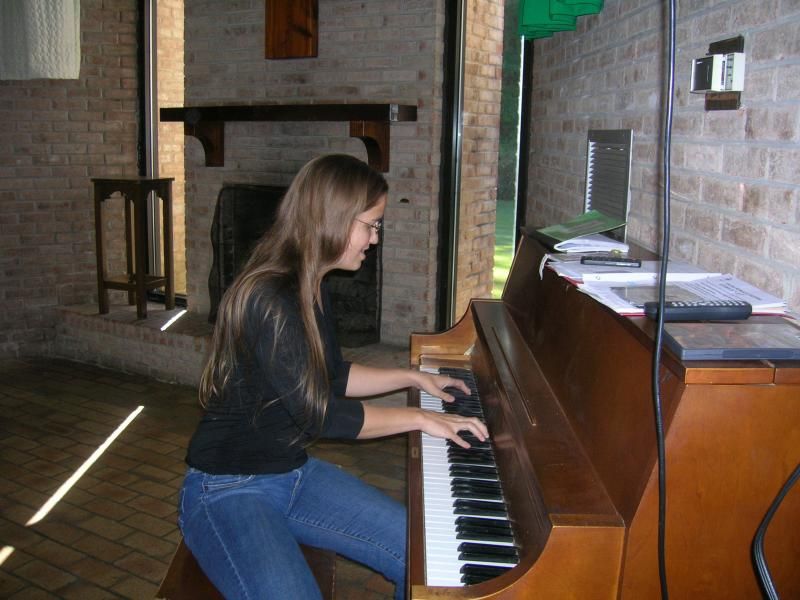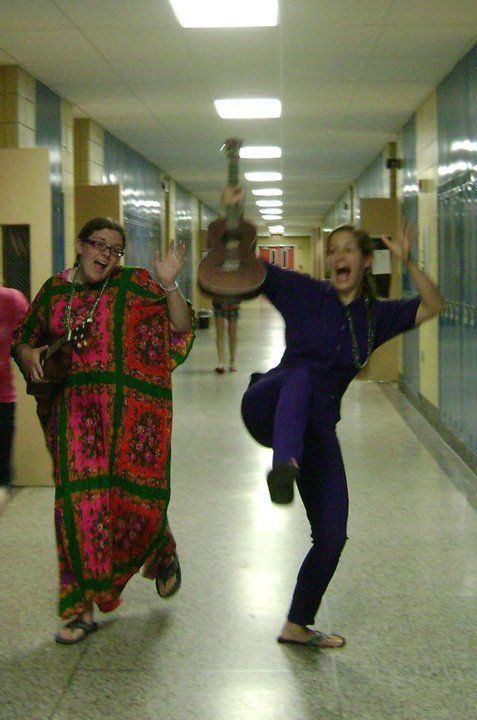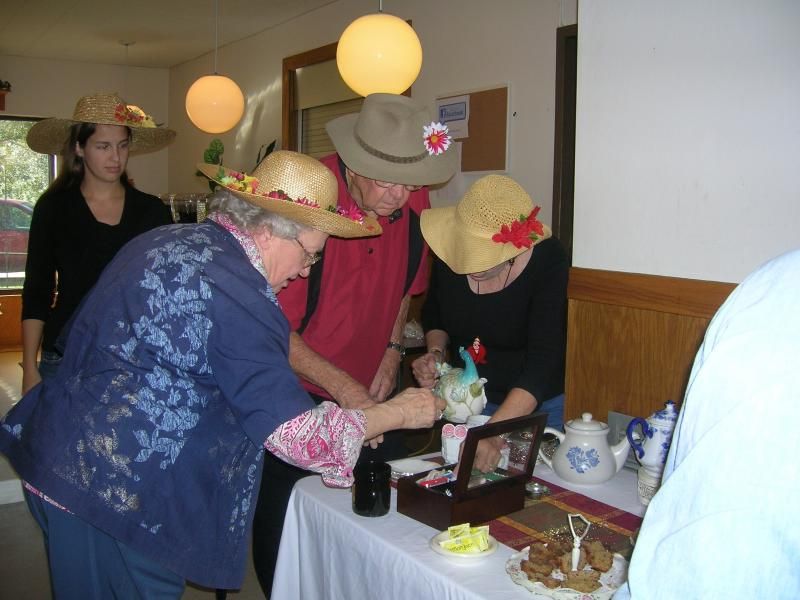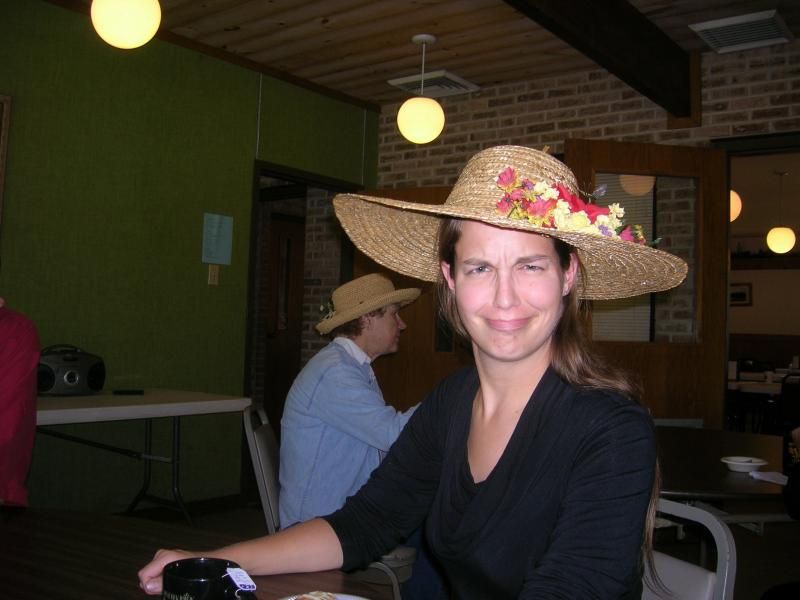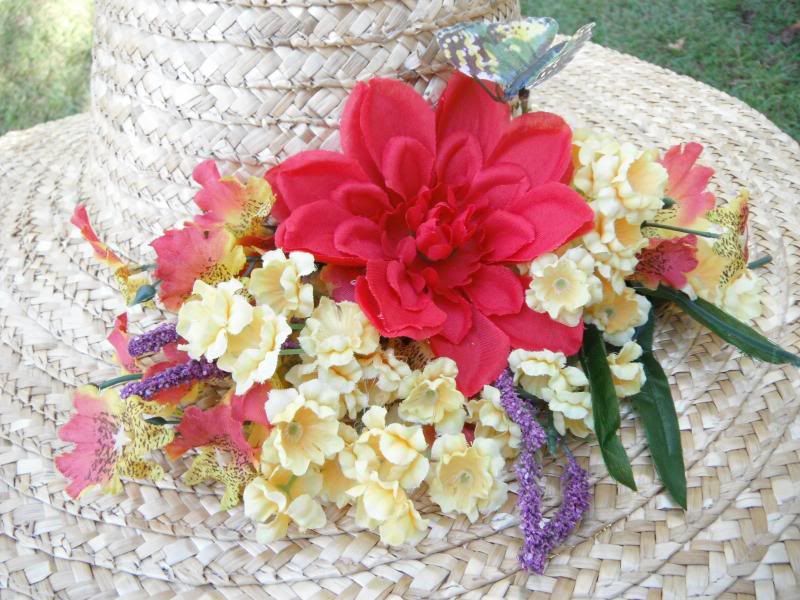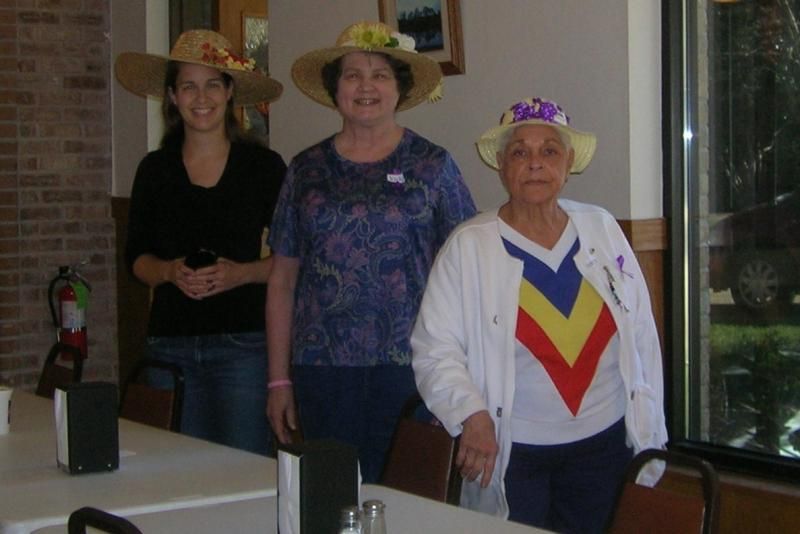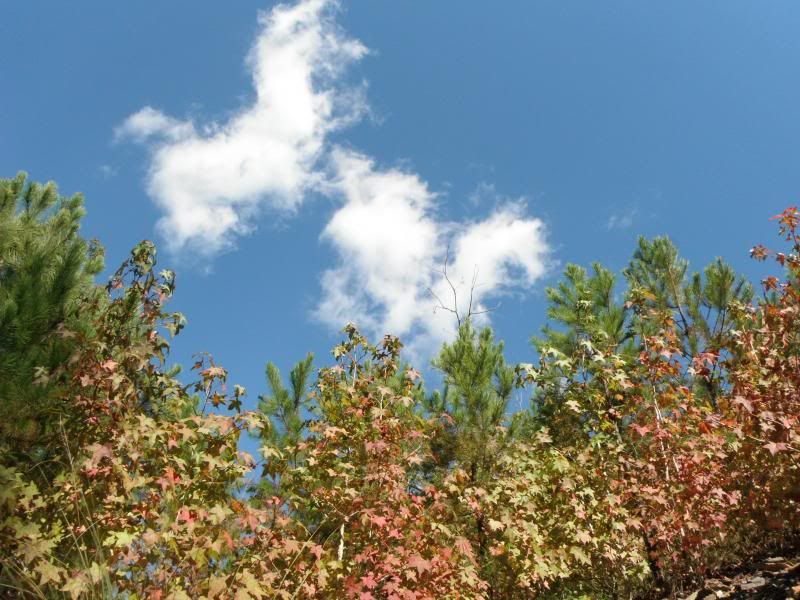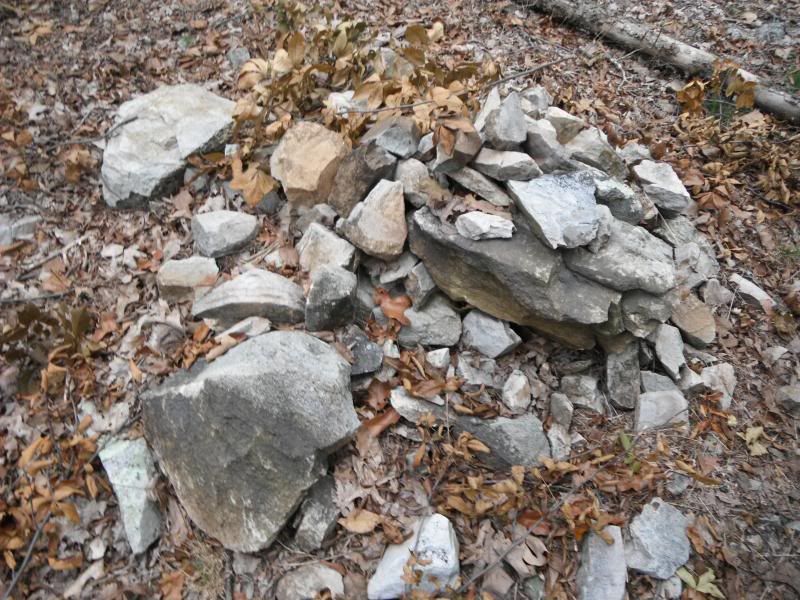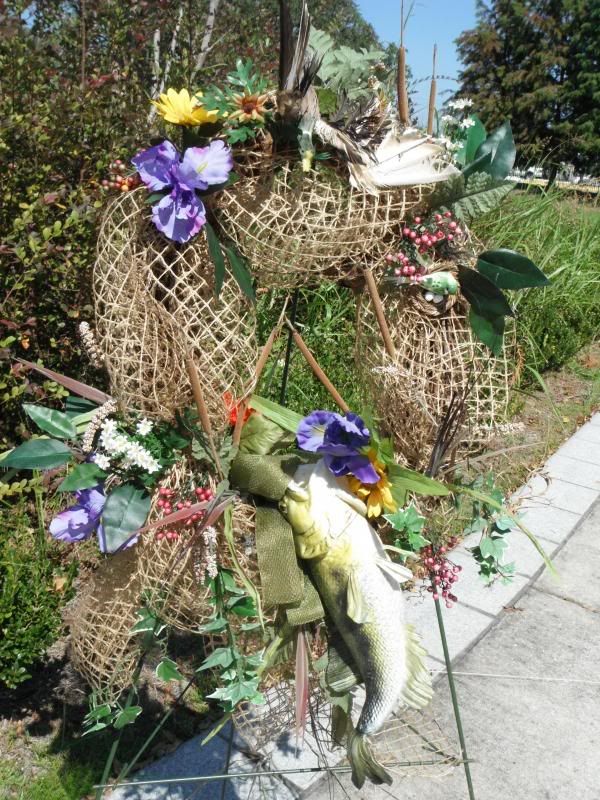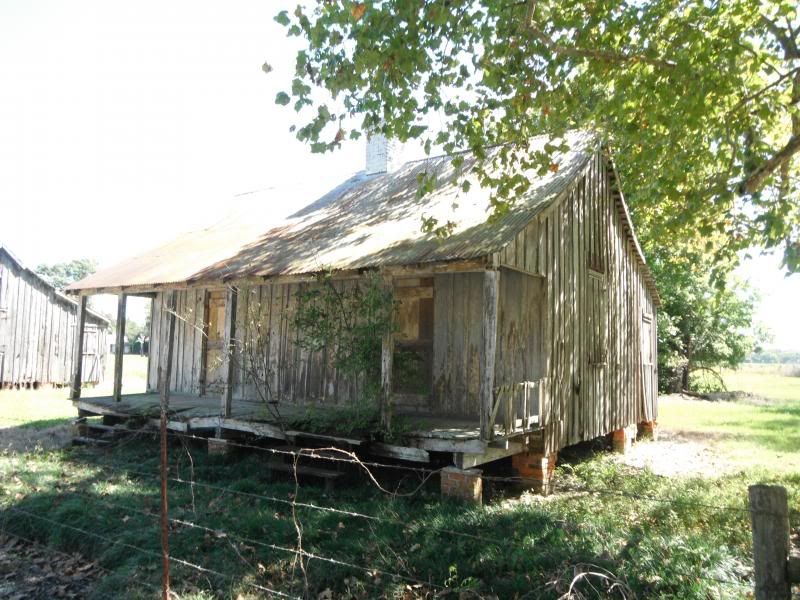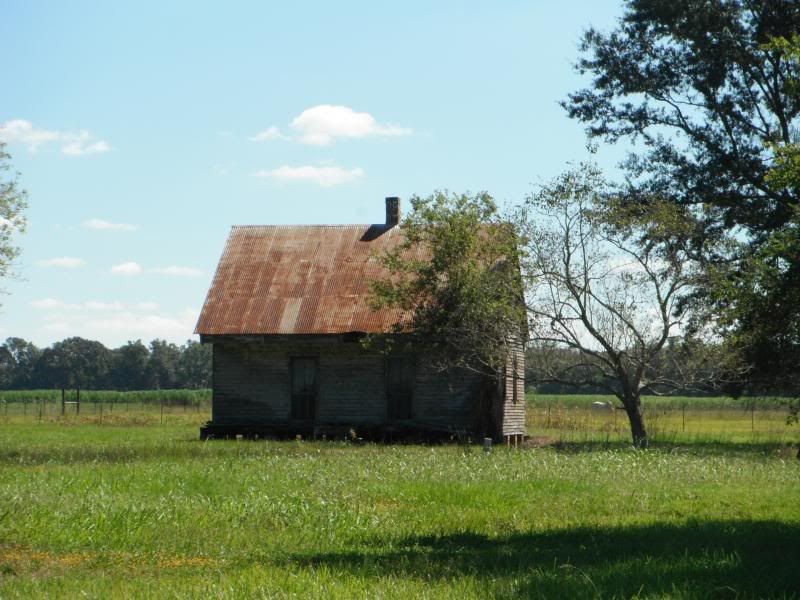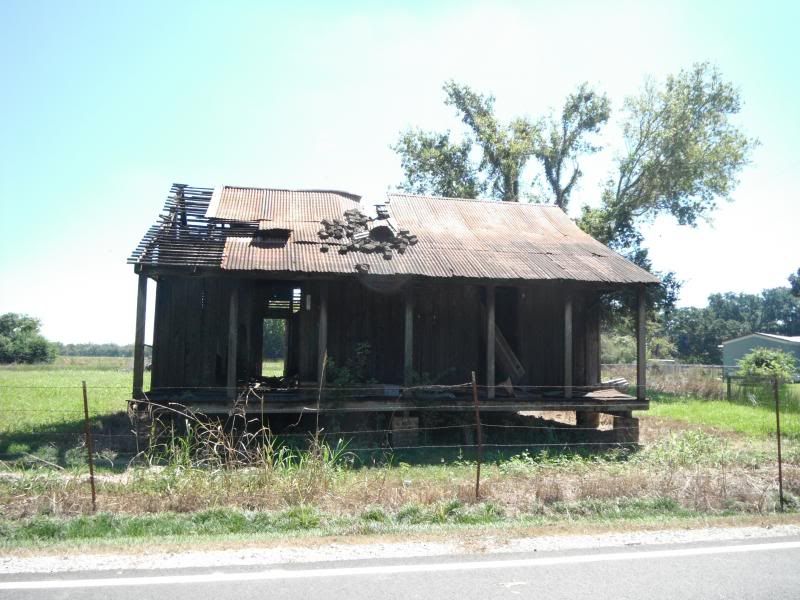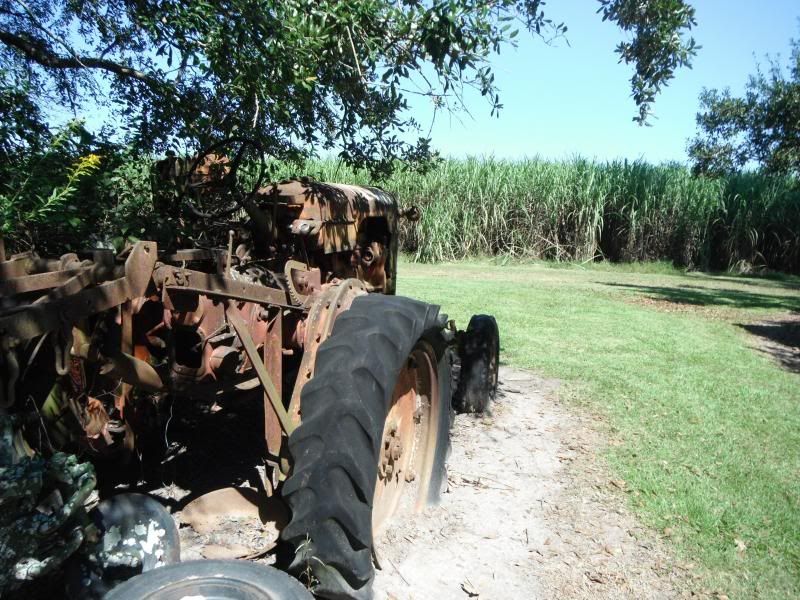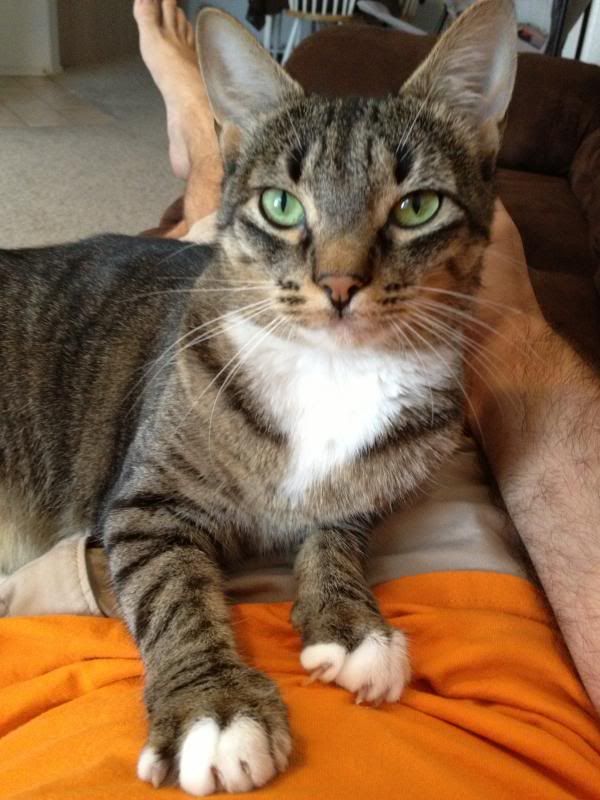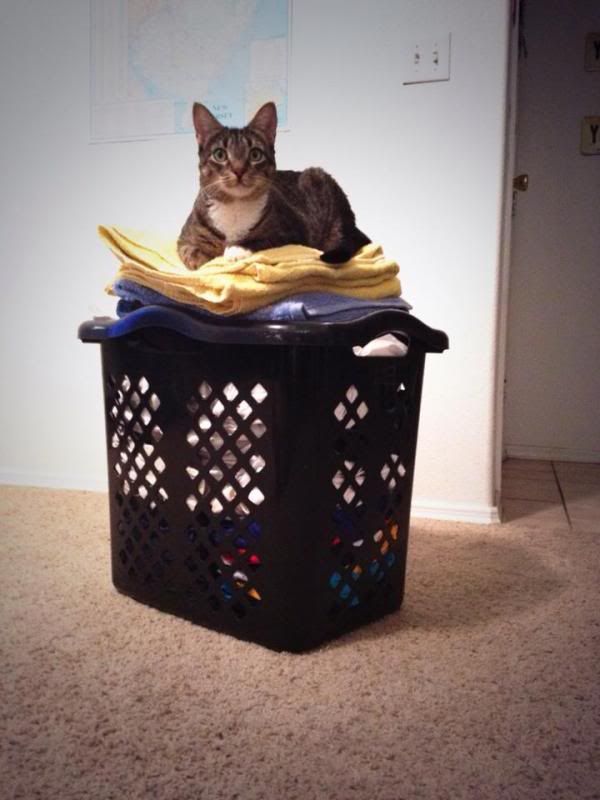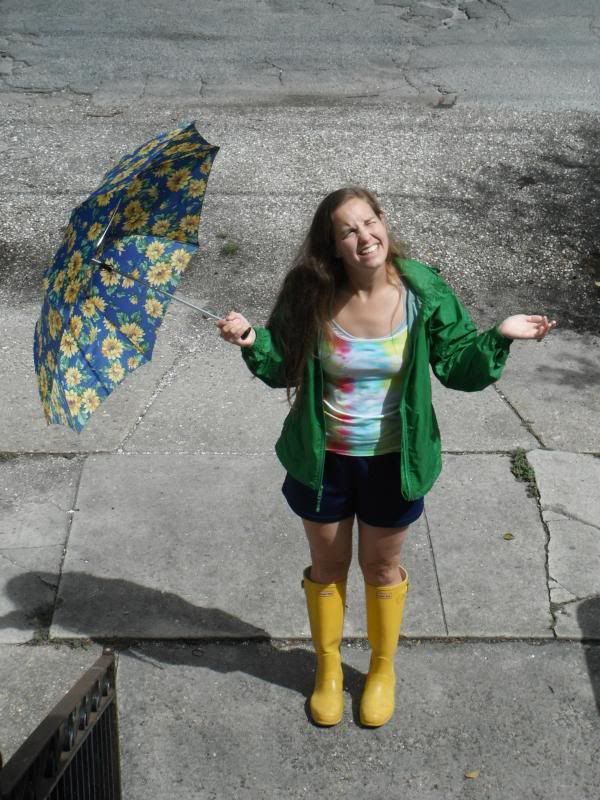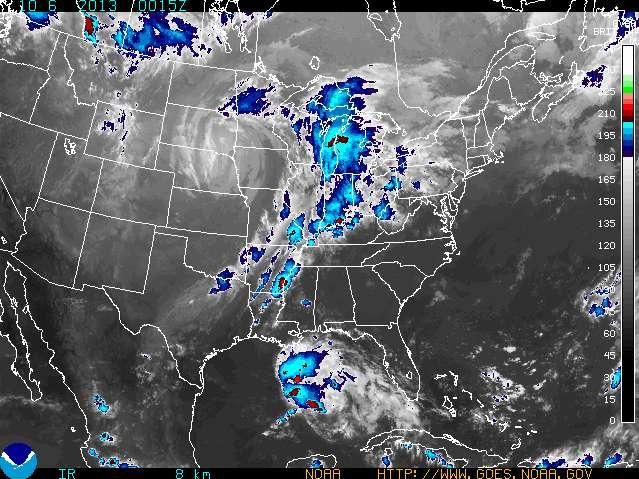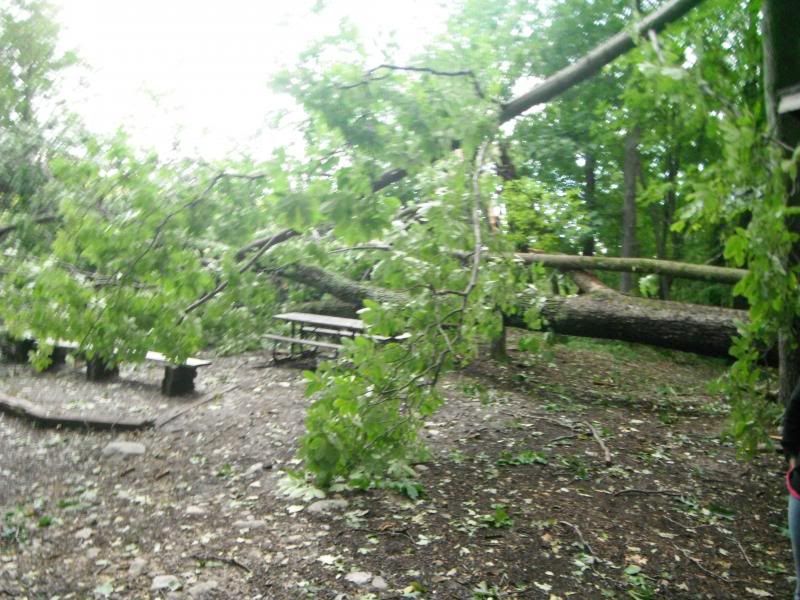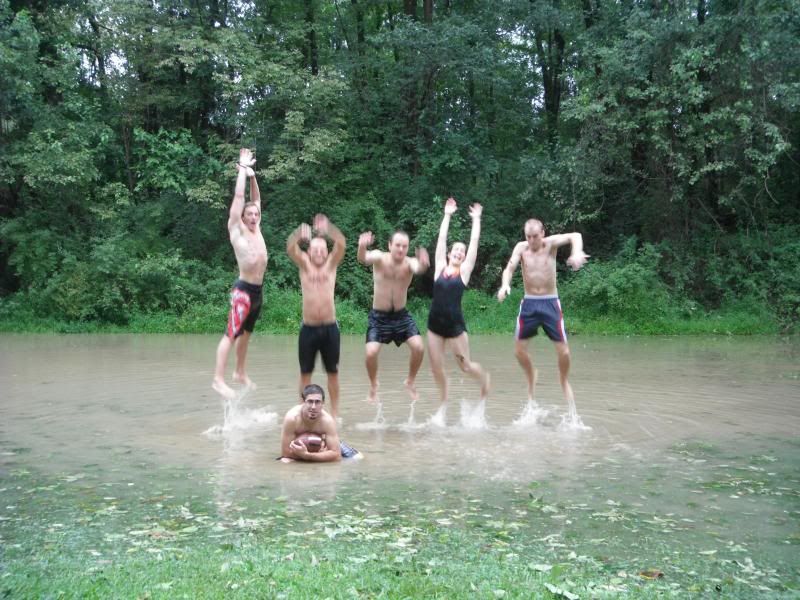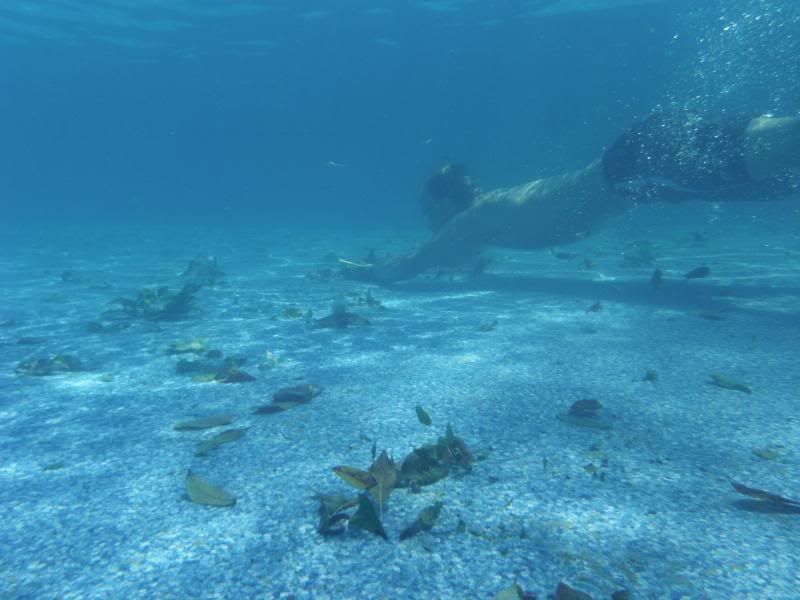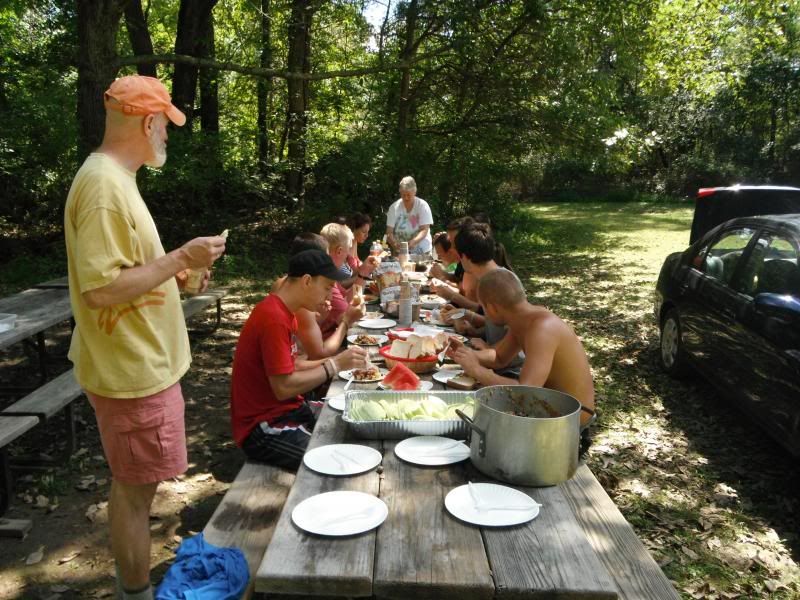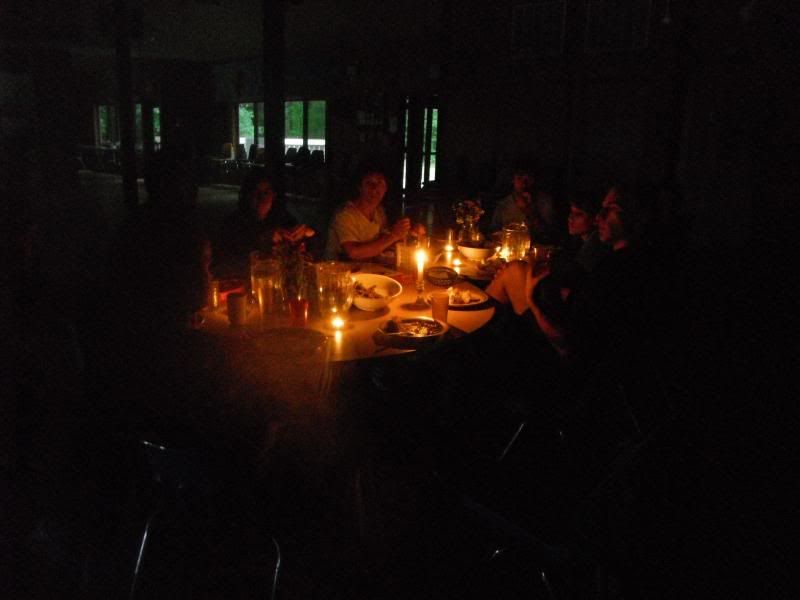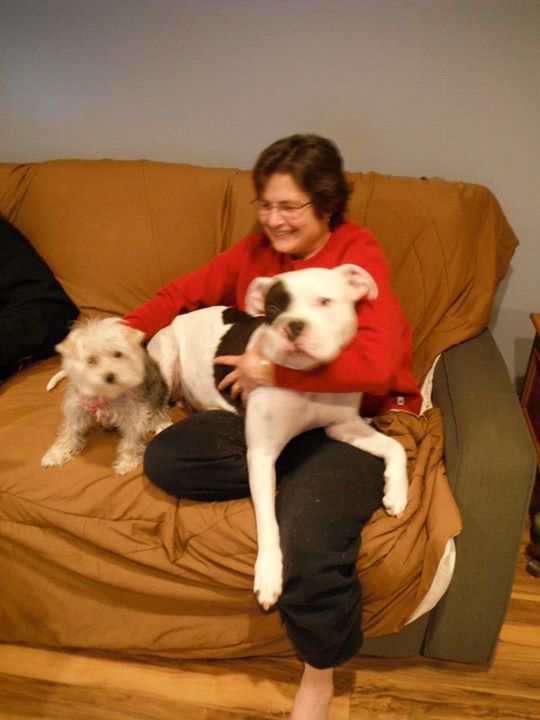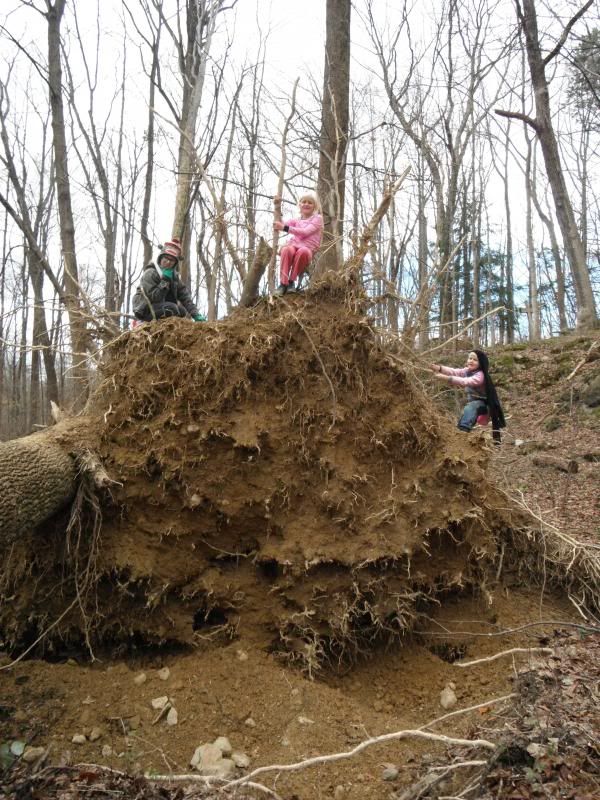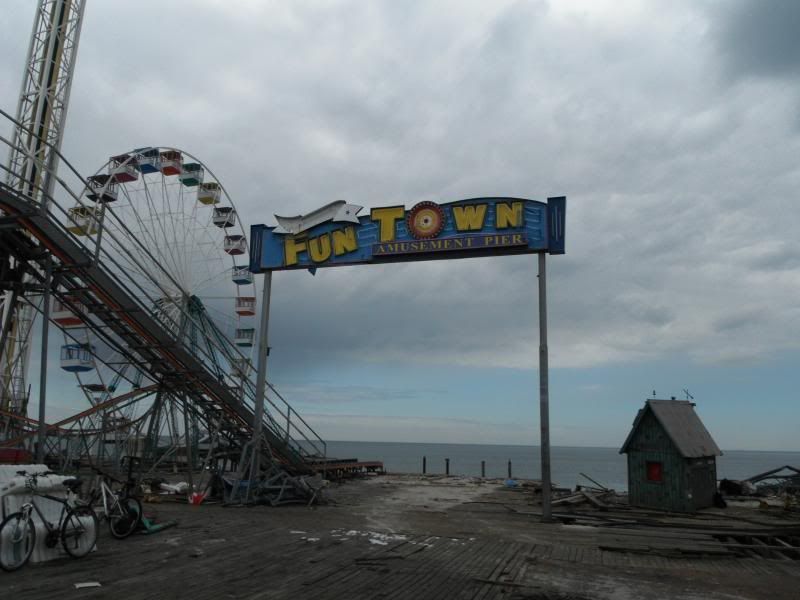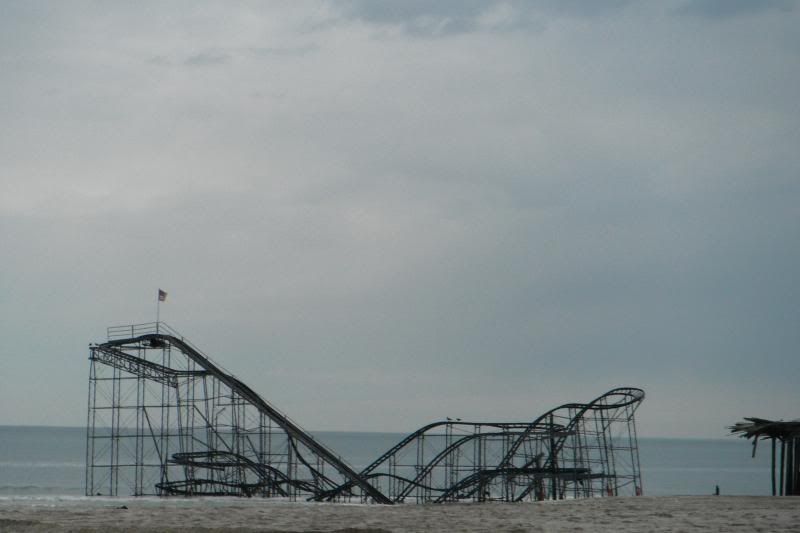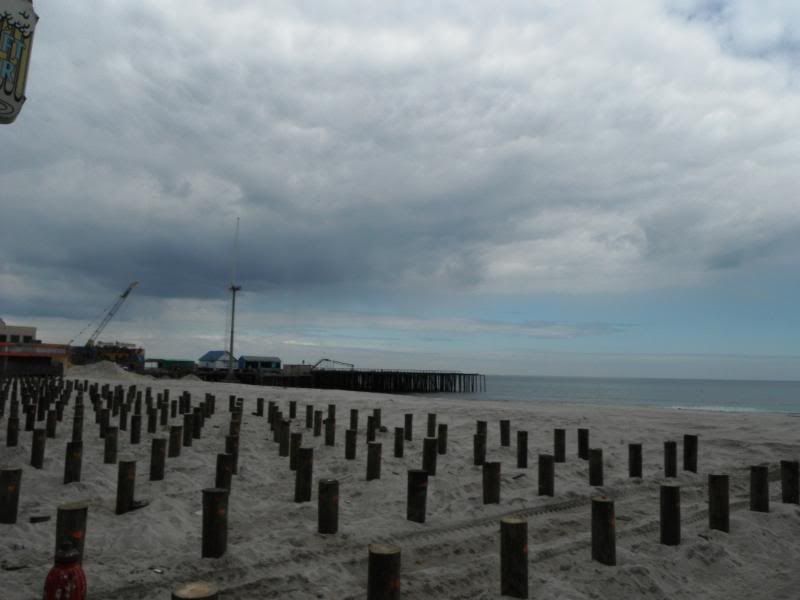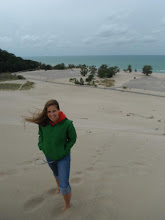When I woke up today, I did not anticipate that my experiences in the past year post-Sandy would intertwine so intimately with my experiences today, visiting east Plaquemines Parish with a guest from Liberia (a man named Jefferson Knight, a self described "social worker fast turning environmentalist").
Jefferson is currently on a whirlwind US tour, discussing environmental issues-- degradation, conservation, justice, policy, especially pertaining to wetlands as well as the oil industry. He is hopeful that he will be able to take some lessons and connections home with him to help mitigate some of the problems that are likely to build up as his home country develops its new, major oil industry. As multinational corporations force people off their land, they are cutting down mangrove swamps along the coast and filling them in to build new housing. So, deforestation/wetlands destruction, and inevitable oil industry related pollution... plus climate change, plus miscellaneous other related human-environment issues... he's trying to learn from our mistakes.
Jefferson and I took an hour drive to the very peaceful, pretty southeastern edges of Louisiana, just a little bit beyond where I planted trees on Monday to visit with Zion Travelers Cooperative Center, a community development group on the east bank of Plaquemines (plack-mean) Parish (which I just learned means persimmon in French). We met with several pastors, a councilman and ZTCC's administrative assistant to talk about some of the efforts to mitigate the environmental problems. What was intended to be a conversation about wetlands and the oil industry eventually turned to the same topic that lurks in the background of every story in southern Louisiana: Katrina.
I still think it was an incredibly productive conversation for all parties. I learned a lot today, and Jefferson seemed satisfied with the visit. Rev. Tyronne, the executive director (and also the pastor of a Baptist church also called Zion Travelers) took us on a tour of the very southeastern parts of LA. The name Isaac came up a few times, but what was more amazing to me was how many places were still lying damaged and vacant since Katrina in 2005.
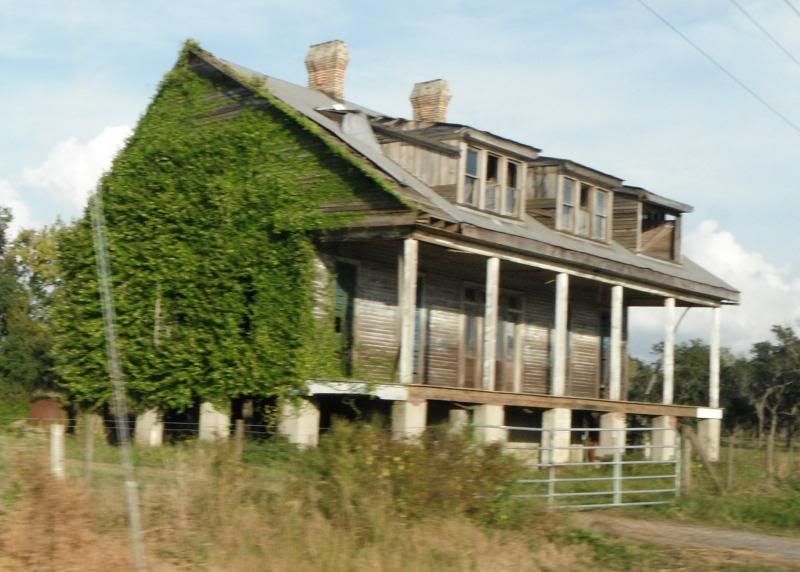
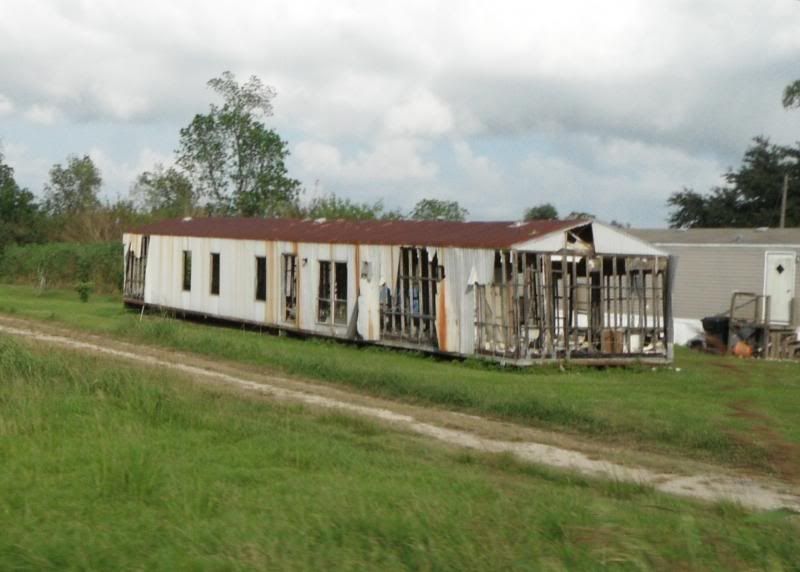
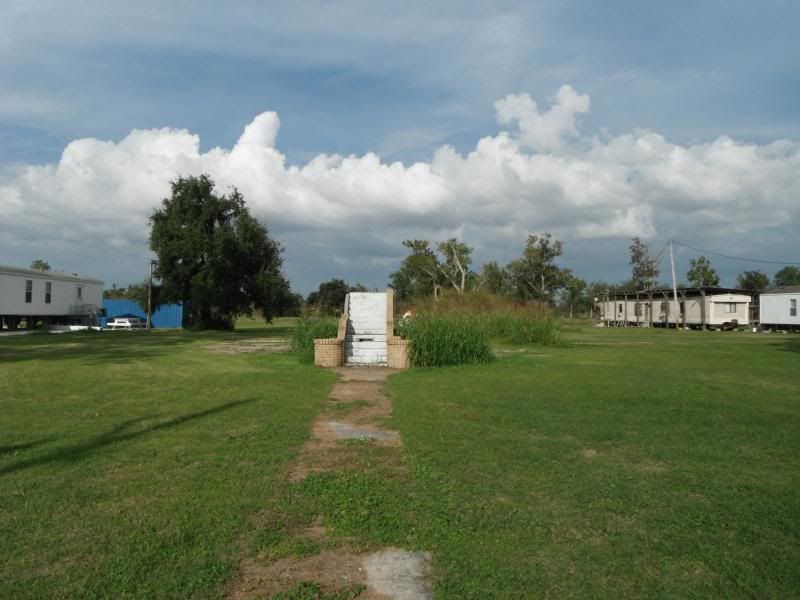
Being from New Jersey, living in Louisiana has been quite an adventure in seeing a community a few years past a hurricane with a now-retired name. While Sandy was a completely different storm than Katrina, it was devastating and the effects are still very noticeable. When our discussion turned to hurricane experiences, there was some discussion of how Sandy stole Isaac's thunder. Louisiana has had so many storms in the past eight years that they aren't really getting the same attention as say, the New York Metropolitan Area experiencing its first sizable hurricane (that had just diminished from hurricane status very shortly before making landfall in northern Atlantic County, NJ).
At the same time, Sandy's devastation and the following twelve months of constant discussion about flood mapping and insurance has helped southern Louisiana, these folks believe. Because of course concessions need to be made to manage such an important, densely populated region, even though people suffering from similar structural, economic, environmental and emotional damages in Louisiana were accused of being foolish for building in such an unsafe place (never mind that it was a safe place when they first settled here, with expansive wetlands to act as massive speed bumps to storms and never having seen a storm like Katrina before her). So because of the attention that NY-NJ are getting post-Sandy, perhaps some changes will be made that will benefit southern LA, too.
These people were not celebrating our devastation in NJ. In fact, they took time to mourn my home on this first anniversary of the storm. It's not fun to think about the politics involved in storm recovery when people are clearly suffering in very immediate and visible ways, but these connections are very real.
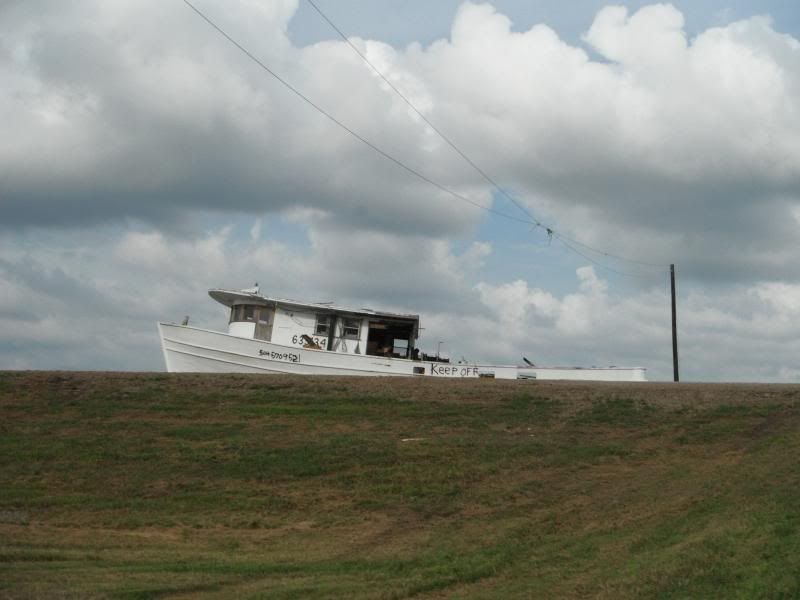
This boat has rested on this levee since Katrina because its owner cannot afford to get it moved. Imagine what that did to his work as a fisherman. This made me think of this in my hometown one year ago today--

(source)
I am constantly amazed at how southern Louisiana feels worlds apart from home in New Jersey, and yet in many ways, it's not really so different. I'm glad I kept busy with productive conversations about conservation today instead of dwelling on this first full year after Sandy.
